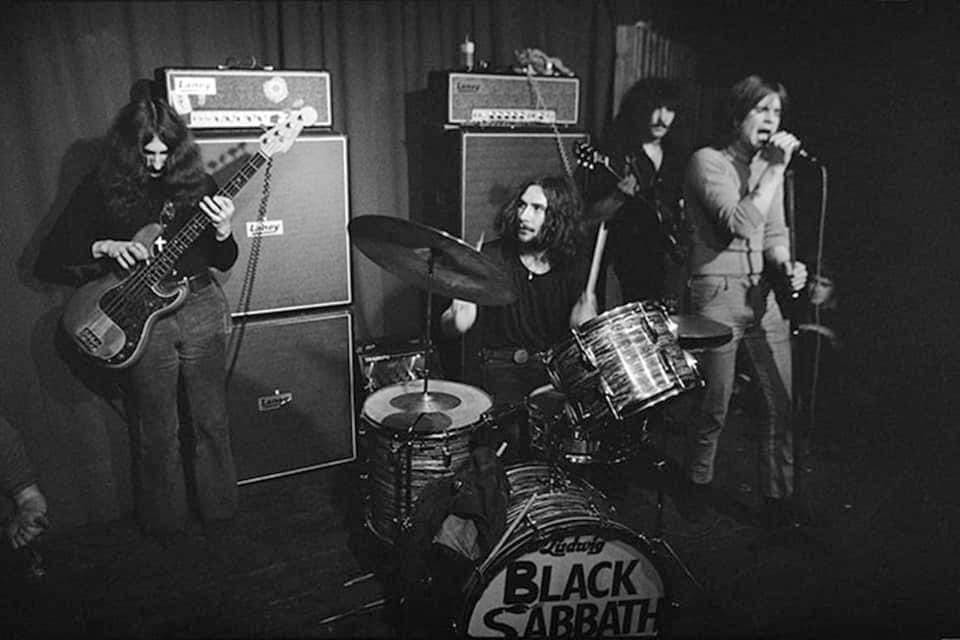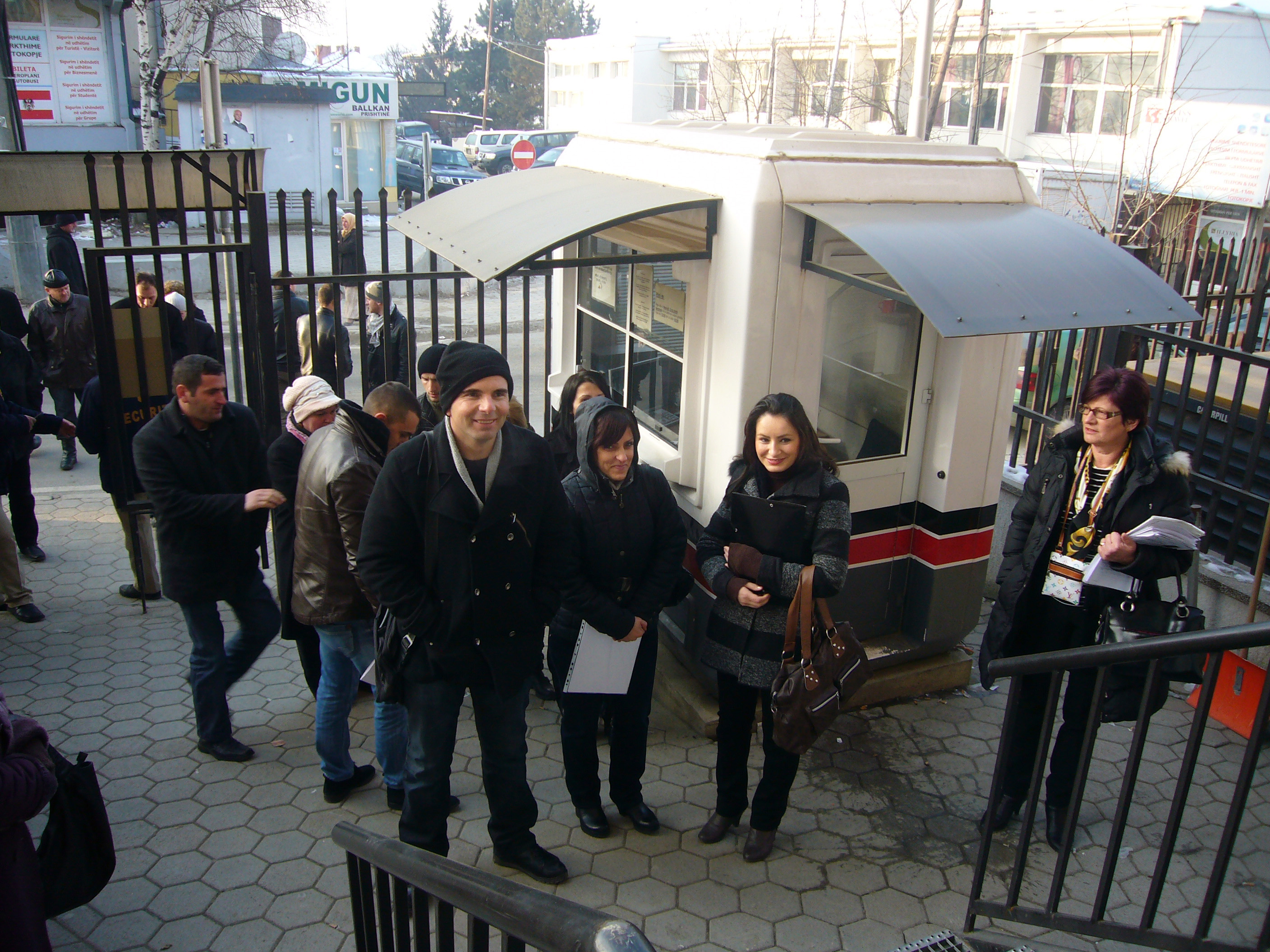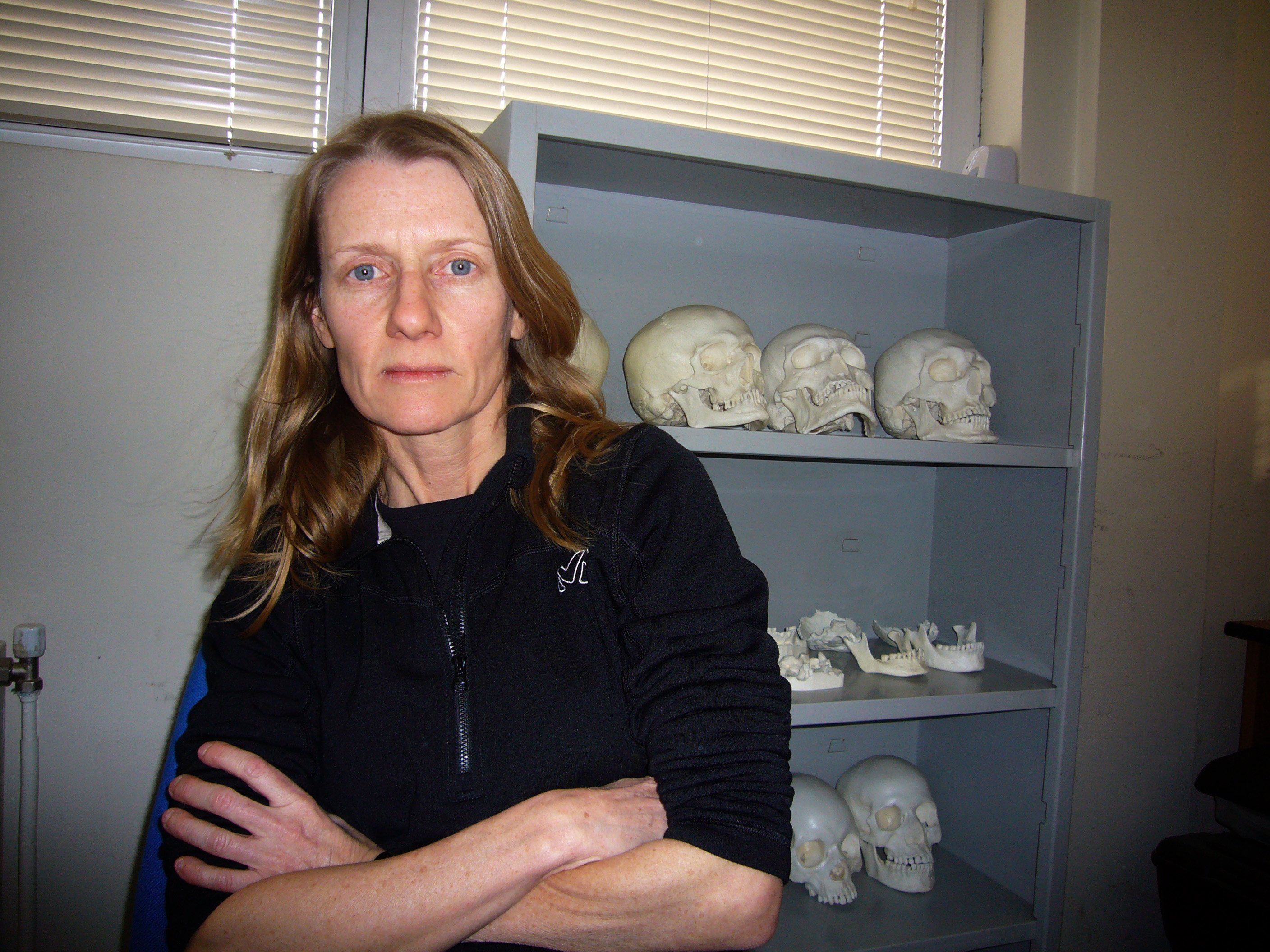
New president aims to unite Kosovo

Naturalised Swiss Behgjet Pacolli, who has taken over as president of Kosovo, has pledged to work to make it a “modern and multiethnic” country.
Pacolli – pronounced Patsolli – spoke to swissinfo.ch, as he was driving around the country on a fact-finding exercise, about smear campaigns in the past and challenges in the future.
The 59-year-old controversial construction entrepreneur, whose fortune is estimated at up to SFr1 billion ($1.08 billion), said the country needed to put its recent war behind it.
Pacolli, who used to live in Lugano, canton Ticino, left Kosovo when he was very young and returned to serve as a parliamentarian in 2007.
He was elected president in the third round of voting, with just 62 votes in the 120-seat parliament. He moved into the presidential palace in Pristina on Tuesday and will serve a five-year term.
swissinfo.ch: What are your priorities for Kosovo?
Behgjet Pacolli: I’ll devote myself principally to our relationship with the rest of the world and undertake a series of trips abroad. To date, 75 countries have recognised the Republic of Kosovo – I’d like this to reach 100 by the end of the year.
I’ll work hard to make Kosovo a developed Western nation, a multiethnic country – a bit like me: cosmopolitan, open to other realities and cultures.
swissinfo.ch: You are also going to strengthen ties with Switzerland, a country whose nationality you have taken and where you established yourself in the mid-Eighties.
B.P.: Of course. Switzerland is my second country and in all that time I never felt like a stranger – I was always accepted. My relationship with the Swiss embassy in Pristina and with Swisscoy [the Swiss government’s peacekeeping force in Kosovo] is excellent.
My priority is to open an honorary consulate in Lugano, my city of adoption, which I would like to twin with Pristina. I’ve appealed to the mayor, Giorgio Giudici, to help me with this project. Pristina could learn a lot about how a city like Lugano works and the role of democracy – but it also has a lot to offer Lugano in terms of cultural exchange. Pristina is a university city, full of active and positive young people.
swissinfo.ch: You struggled to gain the necessary votes on Tuesday. How will you gain the trust of Kosovars and make them forget that you spent many years abroad?
B.P.: There are many obstacles, but I’ll get there. I want my compatriots to forget the past, the resentment nurtured towards the Serbs and accept multiethnicity. It’s not going to be easy – I’m aware of that – but with the collaboration of the prime minister [Hashim Thaci] and the government I’ll get there. One of the members of my party, Mimoza Kusari, who is 34, has been named deputy prime minister and is in charge of the economy.
swissinfo.ch: There’s a certain amount of mistrust towards you because of your wealth, accumulated abroad, and your rapid rise to power. Are you aware of that?
B.P.: Sure, and that’s been fed by the media here, some of whom have orchestrated a serious campaign against me. No man is a prophet in his own country, as the proverb goes, but in my case I weathered some serious accusations, above all because I worked in Russia.
The inquest which was opened against me at the end of the Nineties by the Swiss Federal Public Prosecutor concerning “Russiangate” [laundering in Switzerland of money belonging to the family of former Russian President Boris Yeltsin] didn’t help. I was completely exonerated, but my reputation nevertheless remains stained. I will prove to sceptics that I am capable of being president of this country!
swissinfo.ch: On the subject of accusations, what do you make of those by Switzerland’s Carla del Ponte and Dick Marty that Hashim Thaci was the head of a mafia-like network that dealt in human organs?
B.P.: Those accusations are baseless. They don’t stand up! How could sophisticated operations needed to remove organs be carried out in the dilapidated house in the mountains that Dick Marty claims was the centre of the trafficking?
The war produced suffering – on both sides – but these allegations simply aren’t credible. That said, we’ve requested an in-depth inquest into the matter, which has triggered an international controversy. We’re waiting and are confident that justice will be done.
swissinfo.ch: From the banks of Lake Lugano, where your wife and children live, to the heart of power in Pristina – how has your private life changed?
B.P.: First of all I’m happy to announce the birth of my son, Diar, three weeks ago in Lugano. My wife, Mascia, and I also have another son and a daughter. For the time being they’ll stay in Ticino. I’ve also got another grown-up daughter who is studying in Zurich and a daughter who lives in Austria. My family will travel here and back – as will I.
In Ticino, my wife looks after our foundation, while I have handed control of my construction company Mabetex and the hotel Swiss Diamond, in the lakeside village of Morcote, to my brothers.
The 59-year-old Kosovo Albanian entered politics only in 2006. He took a leading role in forming the New Kosovo Alliance. He was elected into parliament in 2007.
The election as head of state can be considered the pinnacle of success for a man who was born into a poor family and worked his way up. He is often described as “the richest Kosovar”.
Pacolli grew up near Pristina together with nine brothers and sisters. When he was 17, his mother sent him to Germany.
He worked in a Hamburg pizzeria and at the same time completing a bachelor’s degree in economics, specialising in marketing and management. In 1976 he moved to Switzerland where he obtained a master’s degree in marketing and production management in Zurich.
In 1991, he founded Mabetex Project Engineering, a construction company based in Lugano, canton Ticino.
His company has made a name for itself by winning contracts for prestigious buildings, particularly in eastern Europe.
Switzerland belongs to the main donor nations of Kosovo.
Between 1999 (after the conflict between Serbs and Kosovars) and 2010, the Swiss authorities contributed around SFr200 million towards development, political stability and the economy in the country.
Since 1999 Switzerland has taken part in the KFOR peace mission under the leadership of Nato. About 220 soldiers from Swisscoy are stationed in Kosovo every year.
Switzerland recognised Kosovo ten days after the declaration of independence on February 17, 2008. At the end of March, Switzerland opened an embassy, a move which was considered controversial.
About 170,000 Kosovars live in Switzerland, a figure that represents about ten per cent of the Kosovan population.
The Council of Europe in January adopted a report presented by Swiss senator Dick Marty on allegations of organ-trafficking, implicating high-ranking members of the Kosovo Liberation Army in the murder of Serbian and Kosovo Albanian prisoners and the selling of their organs. There were also strong accusations against Kosovo’s prime minister, Hashim Thaci.
The report was not well received in Kosovo and troubled bilateral relations. Marty was accused of providing no hard evidence for his accusations.
(Translated from French by Thomas Stephens)

In compliance with the JTI standards
More: SWI swissinfo.ch certified by the Journalism Trust Initiative








































You can find an overview of ongoing debates with our journalists here . Please join us!
If you want to start a conversation about a topic raised in this article or want to report factual errors, email us at english@swissinfo.ch.